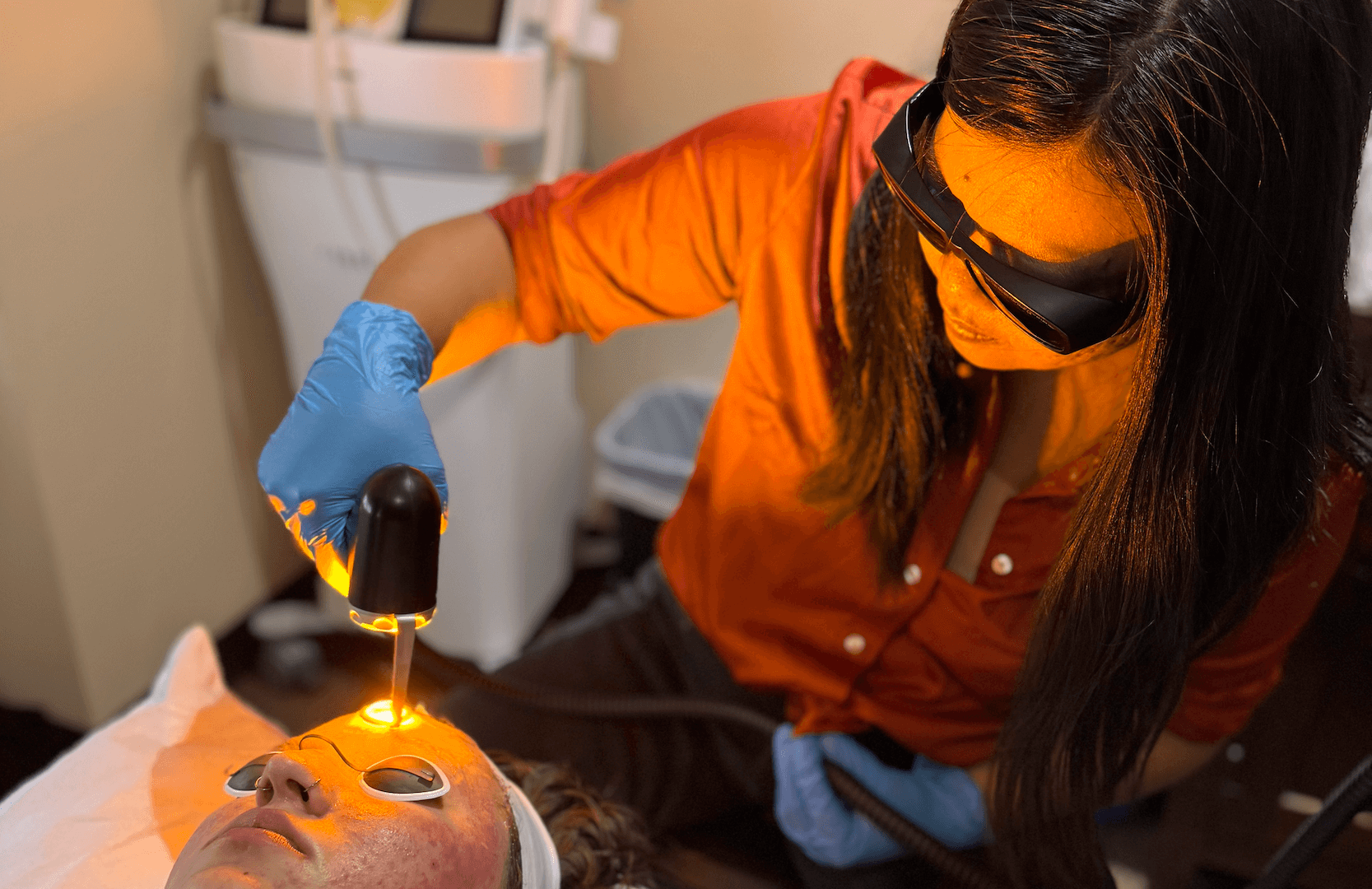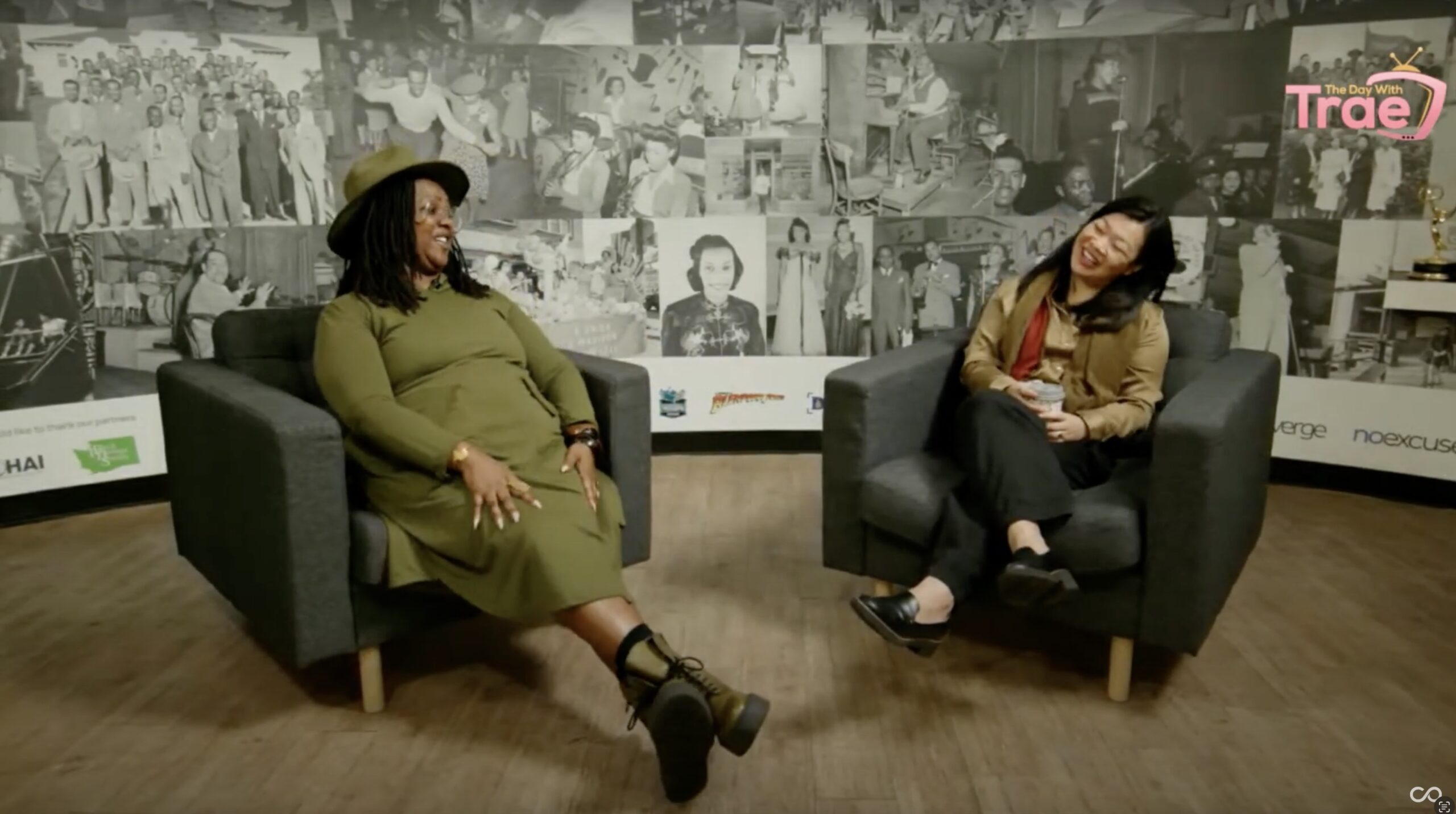Integrative Open House - March 16th 2025 When: March 16th, 2024 Time: 11:00pm - 3:00…

Chinese medicine recognizes the body and mind as one and the same. This goes for the heart as much as any other organ. In TCM, the heart is the seat of the emotions and the residence of the consciousness while awake. It also controls the circulation and has a special connection to the kidneys. The arteries, veins, and capillaries are all considered extensions of the heart. The connection between the heart and the kidneys is integral for maintaining the Yin/Yang balance in the body, Yin from the Kidneys and Yang from the Heart. Because the heart is such a central and essential organ, it is considered the “emperor” of all the organs and is responsible for helping people find their way in the world. The power and presence of the Heart spirit will manifest in the light of a person’s eyes.
Dysfunction of the Heart organ has many of the same symptoms as heart conditions in Western medicine. Chinese medicine, however, recognizes a broader range of symptoms and conditions. These include: anxious mood, palpitations, sweaty palms, poor sleep, and a lack of joy for life. Most of these additional symptoms are caused by a breakdown in the connection between the heart and the kidneys, or a lack of proper nourishment to the Heart. When the Yin and the Yang do not communicate it causes symptoms which can feel like strange movements of energy or heat, often resulting in feelings of anxiousness and as if something is rushing up the center of the body. Lack of nourishment to the heart can be physical, like malnutrition or poor blood flow, or psycho-emotional like loneliness and depression.
Some of the best ways to treat the Heart are with herbs and food. Bitter taste is associated with the Heart and bitter taste receptors have actually been found in heart cells (https://medicalxpress.com/news/2015-05-bitter-receptors-human-hearts.html).
A perfect example is Coffee. Coffee is bitter and enters the Heart channel, this is used to explain why too much coffee can cause anxiousness and palpitations and just the right amount can make a person feel awake, conscious, and motivated. Likewise, many herbs that treat the heart are bitter.
Some herbs to treat physical dysfunction of the Heart system are Dan Shen which is used in many formulas to promote and improve circulation, especially after a stroke, and Di Long which is also used to rehab from strokes and possesses potent fibrinolytic properties to break down clots and other deposits in the body. Dan Shen is very effective at improving circulation and my have some ability to remove or reduce atherosclerotic plaques. While usually very safe, it does interact with some pharmaceutical drugs like Digoxin and possibly Warfarin. Di Long has less of an ability to improve circulation but does do so indirectly by dissolving fibrin and upregulating plasminogen in the body. This has the effect of improving circulation by removing small plaques and clots. There is a connection between poor blood flow and dementia, and it is possible that these herbs may benefit that condition. Di Long has also been shown to have immune modulation effects, to benefit the lungs, and to help nerve regeneration by dissolving adhesions at the nerve growth tip. Please consult a qualified TCM doctor before using these herbs.
Formulas to treat the psycho-emotional heart dysfunction include Gui Zhi Long Gu Mu Li Tang to help reconnect communication between the Heart and Kidneys and Tian Wan Bu Xin Dan which will also reconnect the communication but is used for people who are in a much more weakened condition. Some example formulas that treat physical heart dysfunction are Bu Yang Huan Wu Tang which is used primarily for stroke rehabilitation and contains Di Long, and Zhi Gan Cao Tang which is used to treat arrythmias. Zhi Gan Cao Tang contains large amounts of honey-fried licorice (Zhi Gan Cao) which can affect heart rhythm, blood pressure, and electrolyte content in the body. These must be used under proper supervision.
Another way to help the Heart is singing – regardless of talent, singing will benefit the heart, but it must be “singing from, and with, all your heart”. You can also nourish the heart through sharing a meal with family and friends. One of the heart’s primary roles in the psycho-emotional health of a person is to facilitate connection with the outside world and with other people. This is why loneliness is both damaging to, and a result of damage to, the heart. Actions which facilitate connection and self-expression are beneficial to the Heart.
All of the organs are connected in a cycle of energetic transformation. A happy and healthy heart will engender a strong digestion and sense of self (pancreas/spleen) but anger and too much stress (liver/gallbladder) will interfere with the happiness and confidence of the heart leading to a counter-productive desire to control and plan everything.
As previously stated, one of the most common disorders of the Heart in Chinese Medicine is Heart-Kidney Disconnect or Heart-Kidney Not Communicating. There are many things that can cause this, but it is less important what caused it and more important how to fix it. Basic symptoms resemble nervousness with sweaty palms and can also present with cold hands and feet, back stiffness, palpitations and many others. More advanced symptoms can present with insomnia, night sweats and full-blown panic attacks. As the Heart is involved, poor circulation is typically also involved. As such, many formulas to address this issue contain cinnamon which benefits the Heart Yang and increases peripheral vasodilation. The psycho-emotional symptoms are caused by A) the kidney “water” is insufficient to cool and descend the warmth of the Heart which flares up causing nervousness, anxiety, and panic attacks or B) the warmth of the Heart “fire” is insufficient to raise and warm the Kidneys, leading to no motive force in the Kidney “water” causing low back pain, night sweats, fear, apathy, and agoraphobia. There is a third possibility C) where both heart and kidneys are deficient, and the kidney water rises pathogenically. This will have symptoms have both presentations. Interestingly, possibility A) is seen frequently in marijuana users who have become paranoid.
Meditation to connect heart and kidneys is an intermediate technique in Daoist alchemy to create a container for an inexhaustible spiritual power source within the body. This functions on the yin/yang principle. Uniting the two polar opposites of yin and yang creates the universe – in this case a very small one.
One need not seek enlightenment to benefit from this meditation. It can help reconnect the Heart and Kidneys in times of nervousness and self-doubt. A fully communicating Heart-Kidney axis enables the rest of the organs to function at their fullest and helps banish fear so that you may have the courage to live as your Heart desires.
The meditation is fairly simple and is as follows: imagine cold spring water bubbling up from your perineum (kidney water, yin) and warm sunlight (heart fire, yang) descending from the top of your head and combining in the solar plexus. Observe the sensations and images that are produced. If you sense an area of your body needs more light or more water feel free to direct it there with your intention, but remember to bring it back to the solar plexus when you are done. When you are finished with meditation, become aware of the strength of the central channel that connects the heart and kidneys and store any remaining energy from your solar plexus into an area 3 finger breadths below your navel. Maintain deep, relaxed and purposeful breathing throughout. Practice this for at least 6 breaths and for up to 30minutes. This meditation may be done every day until the Heart-Kidney connection is re-established. Once re-established, the meditation should be discontinued.




Comments (0)